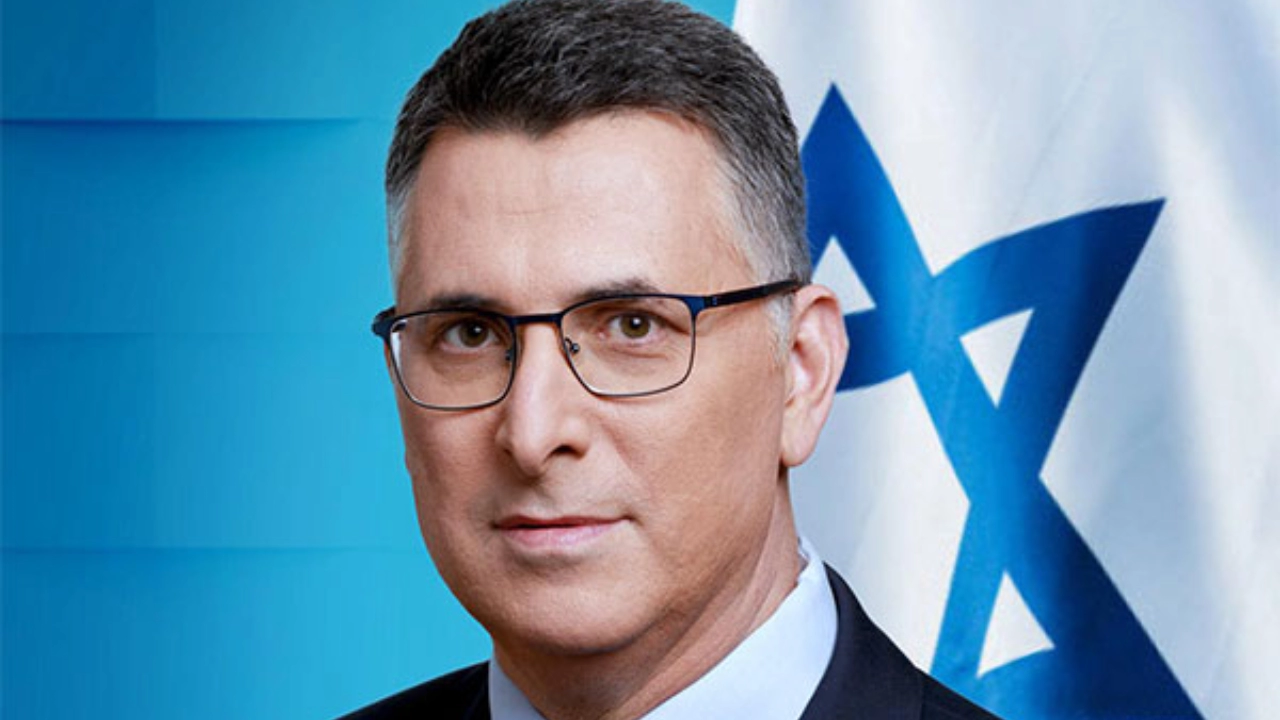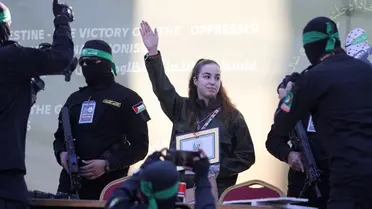WORLD
Israel’s Foreign Minister Gideon Sa’ar Claims Europe is Occupied by Jihadists

Israel’s Foreign Minister, Gideon Sa’ar, recently sparked a wave of controversy with his provocative remarks regarding the state of Europe, accusing the continent of being “occupied” by jihadists. In a speech that garnered significant attention, Sa’ar claimed that Europe was being overtaken from within, citing the growing influence of radical elements and the rise of Islamist extremism.
He pointed to the chants heard on the streets of major European cities like Amsterdam, Paris, and London, where demonstrators have shouted “Globalize the Intifada,” as evidence of the spread of radical ideologies. Sa’ar’s assertion was a stark and highly charged commentary on what he sees as a growing threat to the cultural and political stability of Europe. The remarks have fueled a larger debate on immigration, radicalization, and the challenges of integrating diverse communities in European society.
Sa’ar’s comments, particularly his use of the word “occupied,” have been met with both support and condemnation. On one hand, some of his supporters argue that the rise of radical Islamist groups in Europe poses a genuine threat to the continent’s security and values, particularly in the wake of terror attacks and rising tensions between various ethnic and religious communities.
They view Sa’ar’s statement as a wake-up call to the need for stronger measures to combat extremism and safeguard European societies from what they perceive as the spread of violent ideologies. For them, the slogan “Globalize the Intifada” is not just a political statement, but a rallying cry for those who seek to advance an agenda of violent resistance, much like the Palestinian intifadas that have historically aimed at challenging Israeli authority.
On the other hand, Sa’ar’s remarks have been strongly criticized by many who see his statement as inflammatory and dangerously simplistic. Critics argue that framing the issue of radicalization in such stark terms risks stigmatizing entire communities, particularly Muslims, and undermines the work of those striving for better integration and dialogue across cultures.
They contend that Europe’s challenges with extremism are complex and multifaceted, involving social, economic, and political factors that require nuanced solutions. By referring to Europe as “occupied,” Sa’ar could be accused of fueling Islamophobia and widening the divide between different communities, further exacerbating tensions rather than contributing to meaningful solutions.
Furthermore, Sa’ar’s statement touches on broader geopolitical and ideological divides, especially within the context of the Israeli-Palestinian conflict. The use of the term “Intifada,” which refers to Palestinian uprisings against Israeli rule, evokes strong emotions and political connotations.
For Sa’ar, whose government has been under fire for its policies toward Palestinians, invoking the Intifada is a way of drawing a parallel between what he sees as a global rise in anti-Israeli sentiment and the increasing radicalization within Europe. However, such language could also alienate potential allies in Europe who may sympathize with the plight of Palestinians but reject the use of violence as a political tool.
In sum, Gideon Sa’ar’s comments reflect the broader, often contentious debate over the challenges Europe faces in balancing security, integration, and social cohesion in a time of rising populism and global conflict. His words have become a flashpoint for discussions about the place of Islam in Europe, the threat of radicalization, and the political dynamics of the Middle East.
Whether one agrees with Sa’ar’s assessment or not, it is clear that his remarks tap into a deep undercurrent of fear and tension that continues to shape both European and global politics. The ongoing discourse will likely continue to evolve as Europe grapples with these complex issues, while also navigating the repercussions of Sa’ar’s provocative statements.





















You must be logged in to post a comment Login